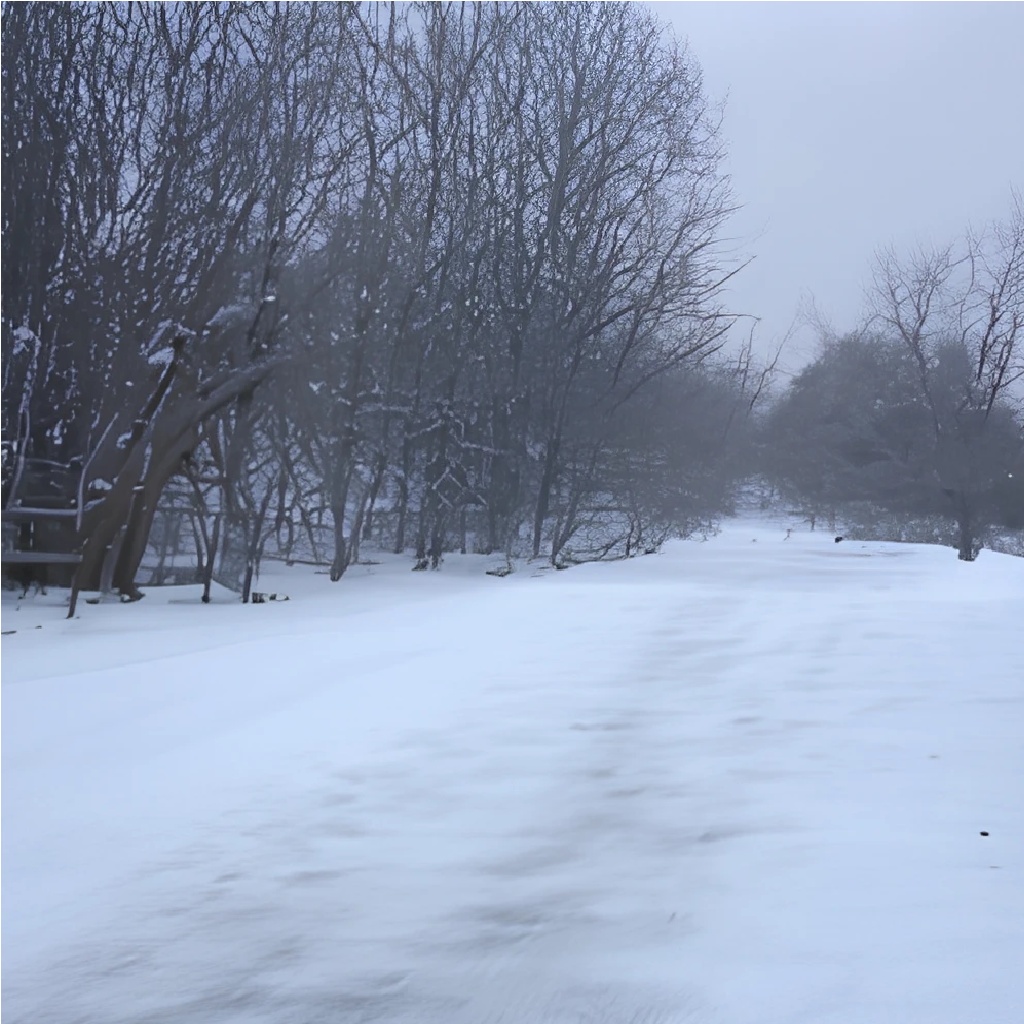- Air Homepage
- Canadian Weather
- January Thaw
January Thaw Revealed! Canada's Curious Weather Pattern.
The January thaw statistics have been around for a while. Why? We want people to understand why the temperature rises in January, and why it fluctuates.
Search for more climate information
January Thaw: The Curious Science Behind It 🌤️What's better than a midwinter day when the sun shines, the ice melts, and you feel like winter's over? Find out how a temporary shift in the jet stream brings a sweet, brief tropical vacation right to your frozen latitude before the cold snaps back. And stop worrying about global warming.
The Whims of Winter are explored in this article. It explains a unique weather phenomenon, in a fun way for you, and why temperatures fluctuate during winter in an easy-to-understand way.
Additionally, I show how this unexpected warming trend affects different regions. Here's an opportunity to learn more about weather patterns and climate science.
Winter temperatures can vary a lot from place to place. However, in certain parts of the world, sub-freezing temperatures are common this time of year. This could be like a week-long vacation.
During midwinter, we see an anomalous rise in temperature, which can cause some regions in frozen latitudes to thaw. Temporarily, the increased temperatures take the edge off the winter weather. This is unusually warm January weather, which usually happens later in the month.
What does the January thaw look like?
Temperatures may rise by 10°F compared to the week before, but they'll drop again before the end of February.
 That is sooooo last month...
That is sooooo last month...While this period is commonly called the January thaw, some very northerly places won't see the ice and snow melt. The change in temperature is still noticeable and people consider it a nice break from the chillier temperatures they've been experiencing.
Where does it come from?
It's not clear what causes the January thaw, but it's generally thought to be a combination of factors including changes in atmospheric circulation patterns and warm air masses. Polar jet streams flow from west to east during the winter, bringing cold air from the polar regions to the mid-latitudes. At times, the jet stream can get distorted or weak, allowing warmer air from the south to move north. The January thaw then results in a temporary break from the cold weather.
A warm air mass can also influence the January thaw, in addition to changes in atmospheric patterns. When these warm air masses move into the mid-latitudes, they can cause a rapid increase in temperature. They may come from the subtropics or the Gulf of Mexico.
More specifically, as the general atmospheric circulation moves west, or even southwest, mild Pacific air spreads eastward across the continent. Midlatitude westerlies tend to confine Arctic air northward and let warm, humid air from the subtropics creep into the eastern US and Canada. In spite of the westerly flow lasting several days, it'll inevitably shift to northwesterly, allowing cold Arctic air to stream southward and eastward again.
The January thaw isn't guaranteed every year, and their timing, duration, and intensity can vary depending on global climate patterns, regional weather conditions, and local geology.
These thaws can start gradually, with temperatures going up over a few days, but end with a sudden drop. The extremely cold air is often accompanied by gale-force northerly winds and snow. Usually, the end of the thaw means winter's lowest temperatures.
How does it affect us?
Depending on the meteorological conditions, this warm spell can last anywhere from a couple of hours to several days. Despite the fact that winter air temperatures have risen, meteorologists still call this thawing event a singularity. As a result, the thaw hasn't been officially recognized, but lay people often anticipate it and prepare for it.
Even if temperatures rise, certain regions that experience extreme temperatures remain cold by world standards. The amount of winter temperature increases will also vary, and it might not even happen every year. There are a lot of aspects of weather that change from year to year, like this one.
Even without this thaw, winter temperatures have the most variability. Temperature changes of just a few degrees during this period could go unnoticed; however, extreme changes can cause alarm and even headlines. Thawing might take place after a significant number of days, so the rate of increase and duration of each anomaly need to be considered when labeling them.
Throughout the year, the daily mean temperatures are retrieved from records and used to compare and detect a consistent thawing period in January. Temperature rises have been studied extensively in some parts of the world looking for impacts on human populations. No matter where you live, the weather can suddenly change. It can give residents unfamiliar with the area false hope that winter is over. Fear of apocalyptic global warming.
Relax...it's just the January Thaw. It's one of the patterns in the weather Canada often experiences.
Go back from January Thaw to the Stuff in the Air homepage.
Search this site for more information now.
What is the status of the January Thaw?
Do you ever notice a warm week or so every January? Well, it doesn't always occur but it happens, so scientists spend time Investigating this thawing and explaining why the phenomenon occurs
Have your Say
Been to Canada? Live here? I'll bet you have a good weather incident or two to tell us...Go ahead: Have your Say - see how cold you can make us.
You can even comment on what other people have said...no registration or login required.




New! Comments
Do you like what you see here? Please let us know in the box below.